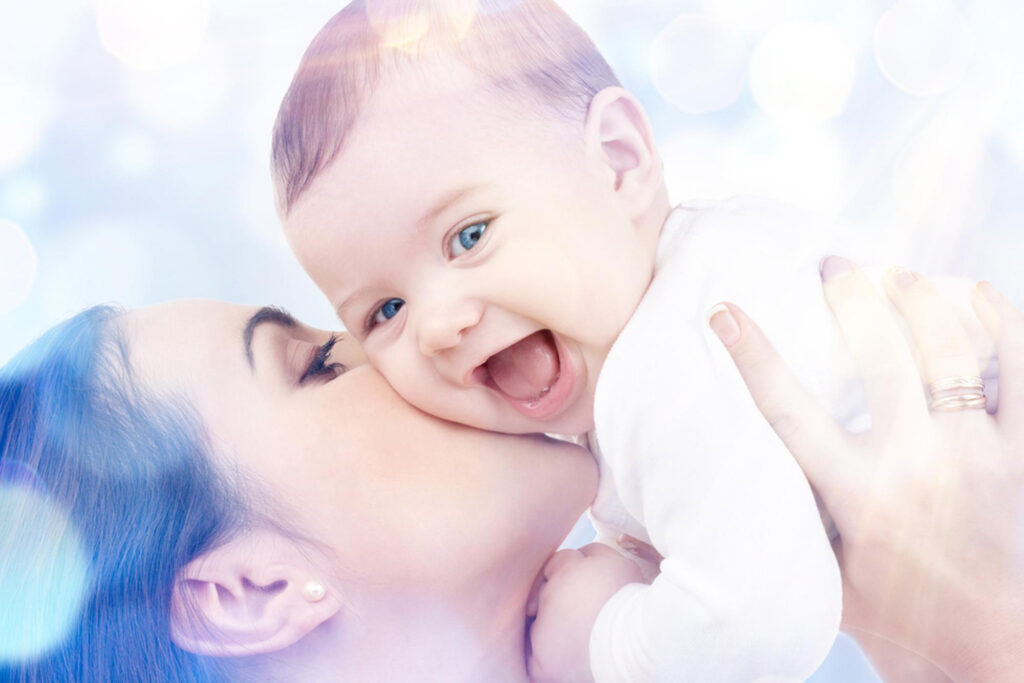Female Infertility

Female Infertility
Female infertility is defined as difficulty conceiving after one year of regular attempts, and it can be caused by a range of hormonal and reproductive health factors.
Common Causes:
- Ovulation disorders such as Polycystic Ovary Syndrome (PCOS).
- Blocked fallopian tubes or pelvic adhesions.
- Weak endometrium or uterine abnormalities.
- Age-related decline in egg quality.
- Lifestyle factors including stress and excess weight.
Diagnosis at Dar Al-Baraa:
- Hormonal testing: to evaluate ovarian function and balance.
- Ultrasound scans: to examine the ovaries and the endometrial lining.
- Hysterosalpingography (HSG): to detect blockages in the fallopian tubes.
- Hysteroscopy or laparoscopy: to diagnose uterine issues and adhesions.
Schedule Your Consultation Today
If you want to learn more about our Female Infertility service, we encourage you to schedule a consultation with one of our fertility specialists to discuss your case and set a treatment plan for you. We’ll be happy to answer any questions you may have and help you determine the best course of action for achieving your dream of having a child.
Related Questions:
The price varies depending on the therapeutic course and the specific technique recommended by the IVF medical specialist for each individual case.
There are numerous factors that influence the success of In Vitro Fertilization (IVF). Among these factors, the most crucial is the woman’s history of attempting to conceive spontaneously for a consistent duration of two years. Furthermore, it is advisable that the woman’s age at the time of undergoing IVF should not surpass 43 years.
The success rate of IVF for women in their 20s and 30s is around 35% for the first attempt, and it increases with subsequent cycles up to approximately 55%. Many factors can influence the success rate of IVF, including the health of both partners.
